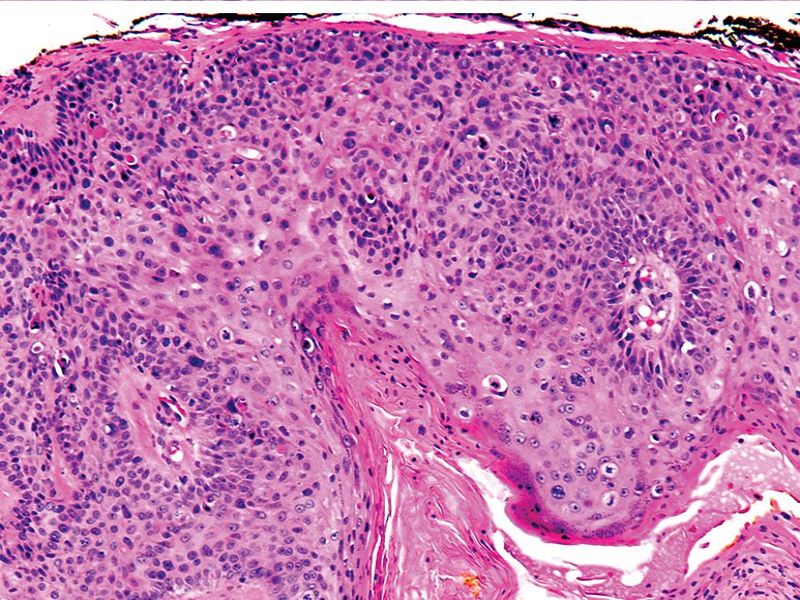
AstraZeneca has reported that the Phase III DANUBE trial for Imfinzi (durvalumab) and tremelimumab did not meet the primary endpoints of improving overall survival (OS) versus standard-of-care (SoC) chemotherapy for Imfinzi monotherapy in patients.
The randomised, open-label, multi-centre, global trial compared Imfinzi and Imfinzi plus tremelimumab in unresectable, stage IV (metastatic) bladder cancer.

Discover B2B Marketing That Performs
Combine business intelligence and editorial excellence to reach engaged professionals across 36 leading media platforms.
Imfinzi is a human monoclonal antibody that binds to PD-L1. It blocks the interaction of PD-L1 with PD-1 and CD80, opposing the tumour’s immune-evading tactics and releasing the inhibition of immune responses.
Tremelimumab is another human monoclonal antibody that targets the activity of cytotoxic T-lymphocyte-associated protein 4 (CTLA-4).
AstraZeneca Oncology R&D executive vice-president José Baselga said: “AstraZeneca remains committed to addressing unmet needs in bladder cancer and the potential for immunotherapy to improve outcomes for these patients.
“The results from this trial will inform our comprehensive Phase III development programme in bladder cancer. We look forward to the results of the Phase III NILE trial also in the 1st-line metastatic setting, and we continue to advance clinical trials for patients at earlier stages of the disease.”

US Tariffs are shifting - will you react or anticipate?
Don’t let policy changes catch you off guard. Stay proactive with real-time data and expert analysis.
By GlobalDataAstraZeneca conducted the trial at more than 220 centres across 24 countries.
The company noted that the safety and tolerability profiles for Imfinzi and the combination with tremelimumab remained consistent with previous trials.
The trial was conducted for patients with transitional cell carcinoma of the urothelium, including renal pelvis, ureters, urinary bladder, and urethra.
In January this year, AstraZeneca reported that the Phase III THALES clinical trial of Brilinta (ticagrelor) met its primary endpoint in patients who had a minor acute ischaemic stroke or high-risk transient ischaemic attack (TIA).





